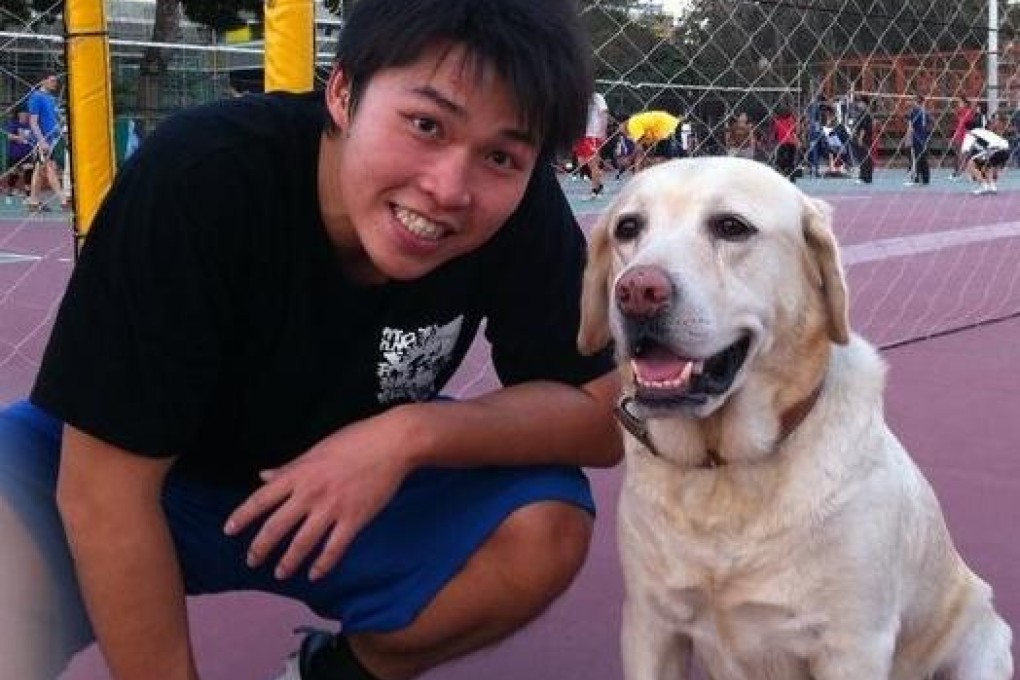Death of corporal sparks allegations of abuse in Taiwanese military
Soldier dies from heat stroke after being subjected to excessive disciplinary action

The death of a Taiwanese national serviceman has ignited a public furore and thrown light on abuses in the island’s military.
Corporal Hung Chung-chiu died of internal bleeding and multiple organ failure on July 4, only two days before he was scheduled to be discharged. A military autopsy carried out on July 15 revealed that his condition had been caused by heat stroke and fatigue from excessive discipline and confinement.
“If [Hung] had not offended those two officers, he would not have died,” Liu reportedly said.
The officers reported Hung to their deputy brigade commander, who ordered that he be confined “to establish the prestige of the military". According to Liu, the commander even told other officers that “if [they] did not have Hung confined, then [they] would be confined [themselves] for disobeying orders”.
After serving a week in a cell, Hung was freed on July 3 and forced to participate in a 45-minute drill that included running, push-ups and sit-ups. Hung complained to guards that he had just been freed from disciplinary confinement and the “drilling was beyond his physical strength,” but he was ignored, reported Focus Taiwan. During the drill, which was conducted in great heat and humidity, Hung collapsed. He died in hospital the next day.